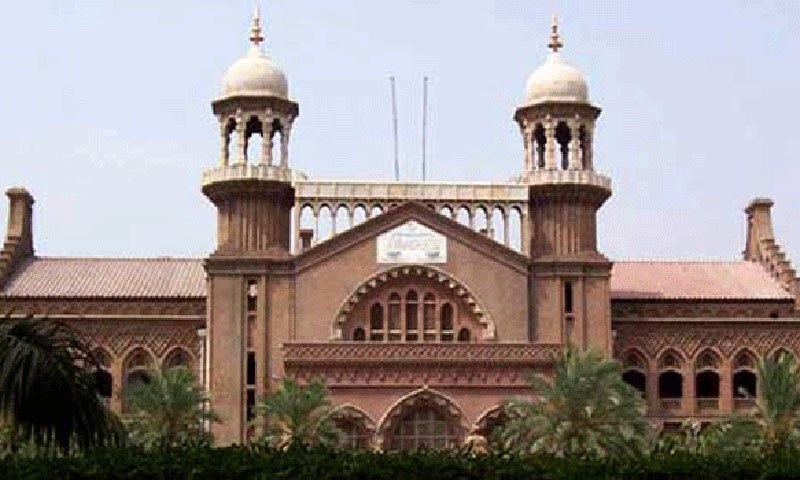The decision by the Lahore High Court in the case of Shahid Imran vs. The State addresses several significant legal aspects related to the age of minority/majority, protection of minors, and adherence to relevant laws. The court emphasizes the importance of fixed age limits to safeguard minors, highlighting that noncompliance with these provisions could undermine the purpose behind such laws.
The court underscores the implementation of statutory provisions, particularly the Act of 1929 and allied enactments, as paramount. This approach is favored over divergent religious opinions. Stricter compliance with these laws, which set the age of sixteen for females’ marriage, is seen as essential. Such compliance not only upholds international obligations under the UNCRC but also protects the fundamental rights of female minors as guaranteed by the Constitution’s Articles 4, 9, 14, and 25.
The court’s decision weighs the conflicting arguments presented by the parties through their legal representatives. It observes that the alleged abductee’s age, as established by a medicolegal certificate, is 13/14 years. The petitioner’s claim of marriage with the abductee is disputed by her and appears to be in violation of the Act of 1929, which unequivocally mandates a marriageable age of sixteen for females. Violation of this law is punishable under Section 4 of the Act.
The principle “Jus ex injuria non oritur” is invoked, indicating that rights cannot arise from wrongs. In this context, the petitioner not only breaches the law but also deprives the alleged abductee of her legal and constitutional protections under Article 4 of the Constitution.
Furthermore, the petitioner is obligated to adhere to the law on the age of majority while entering into a marriage contract, as outlined by Article 5(2) of the Constitution. This article mandates obedience to the Constitution and laws, regardless of the individual’s citizenship status or location within Pakistan.
Additionally, the court refers to Section 375(d) of the Pakistan Penal Code, which deems the consent of a female below the age of sixteen immaterial.
In summary, the Lahore High Court’s decision underscores the importance of adhering to fixed age limits, highlights the significance of statutory provisions over religious opinions, and underscores the need for strict compliance with the law to protect minors and uphold constitutional rights.
Crl. Misc.
33583/23
Shahid Imran Vs The State etc.
Mr. Justice Anwaarul Haq Pannun
31-05-2023
2023 LHC 4435




0 Comments